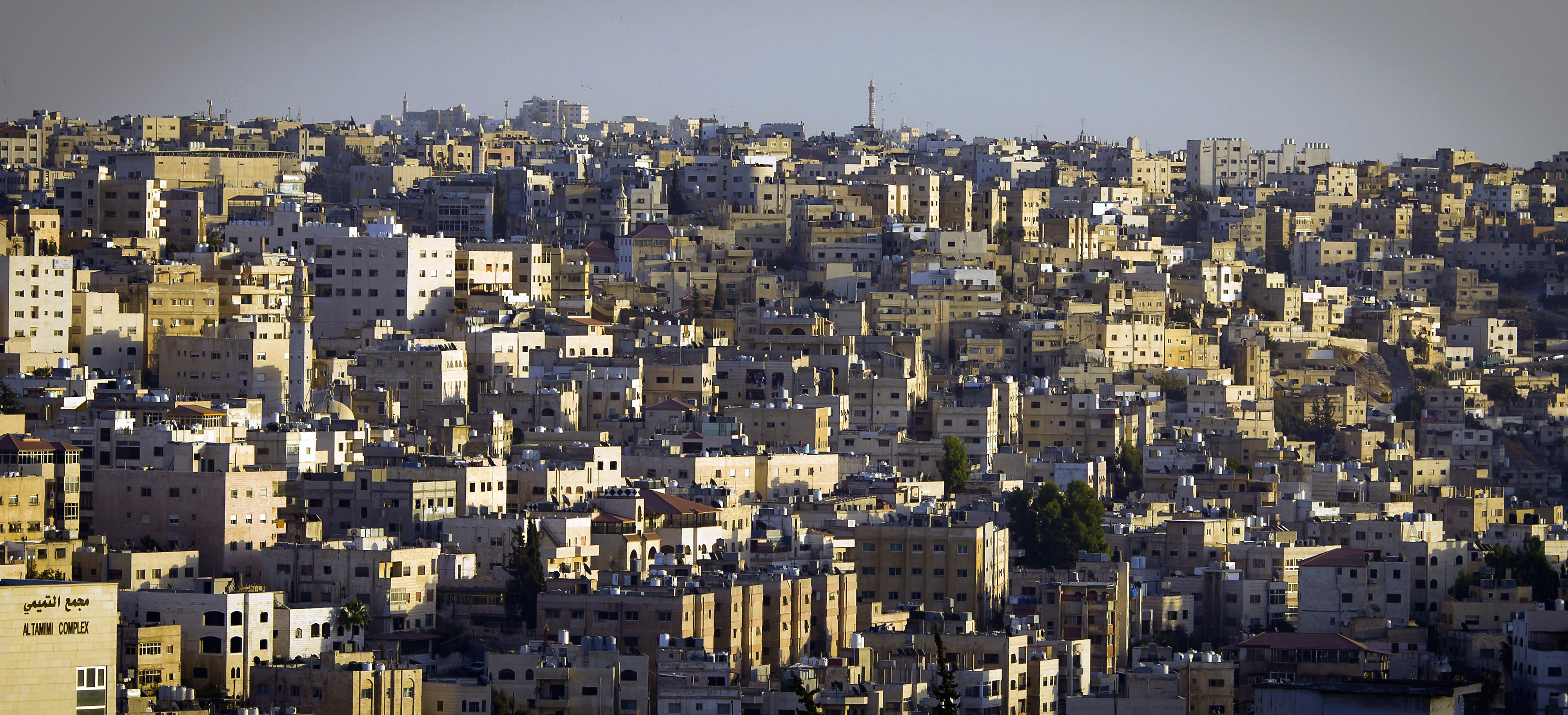Government negotiations with Jordan Through its development cooperation, Germany supports stabilisation in Middle East
Cooperation will focus on three core fields in particular need of development: education and employment (including a special emphasis on gender equality), water supply, and climate change adaptation. The German delegation to Amman was headed by Niels Annen, Parliamentary State Secretary to the Federal Minister for Economic Cooperation and Development.
Annen said: “Jordan has taken in more refugees than any other Middle Eastern country and deserves our full solidarity. Locals and refugees should be able to enjoy good neighbourly relations. For this to be the case, it is vital to have a secure water supply in the towns and villages, give people reliable income opportunities and put in place climate change adaptation measures. There are many people out of work, but women are especially affected by unemployment, limited education and a lack of job prospects.”
Supporting education and employment. The BMZ is providing more than 95 million euros in funding for short-term employment and educational initiatives to support the 700,000 plus Syrian refugees registered in Jordan. The main focus is on meeting basic needs, such as education and employment. One example is a project to finance teacher salaries to provide education for Syrian refugee children. Financed to the tune of 25 million euros, it offers regular schooling for almost 150,000 children from refugee families.
At 12.6 per cent, Jordan’s female employment rate is on the low side by global standards. In the job market, women face discrimination on two fronts simultaneously – first on account of their gender and second due to the tremendous economic pressure in the country (around 25 per cent of Jordan’s working-age population is unemployed). Consequently, the BMZ is putting a special focus on supporting projects aimed at improving vocational education and training for women and girls and creating new employment opportunities, for which it is providing over 130 million euros. One example is a project to foster employment through local entrepreneurship (10 million euros). It supports start-ups that meet local needs and create new jobs in rural areas.
Supporting the water sector and adaptation to climate change. Supplying water to its people is another major challenge that Jordan is facing. With low year-round rainfall levels, the desert state is one of the world’s most water-poor countries. It also has to contend with pollution of its natural water resources and inadequate waste management. The situation is compounded by the effects of climate change, which are felt particularly acutely in Jordan, most notably in the form of a decrease in precipitation, which had been low to begin with. This is placing yet more strain on the nation’s supply security. Germany is therefore investing more than 180 million euros in climate change adaptation measures and water infrastructure development. One prime example is the water resource management programme, which will receive 77 million euros. In that programme, the BMZ will be working closely with other international donors to support the construction of a desalination plant and prevent technical water losses.
The partnership with Jordan is one of Germany’s longest-running development cooperation programmes, with the two countries engaging in regular government negotiations since 1959. In addition to recognising Jordan’s work in the refugee crisis and its constructive role in the Middle East peace process, this year’s negotiations also addressed its reform efforts. Under its reform programme, the country is seeking to modernise its entire administration and economy and boost civic engagement by 2030.
